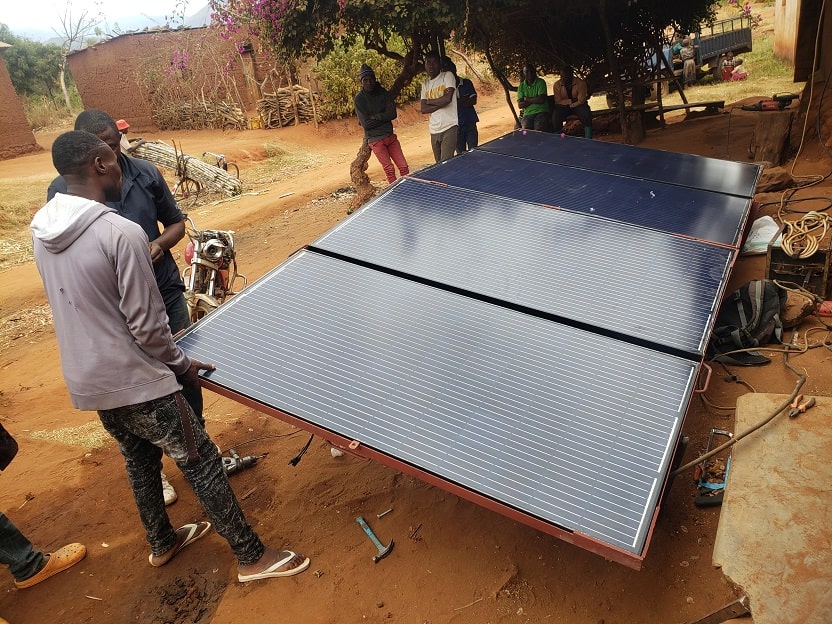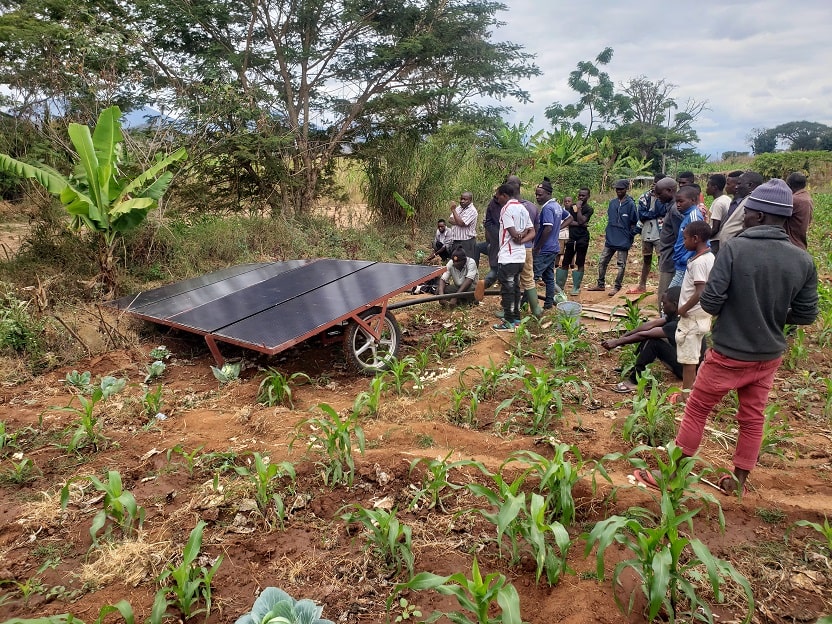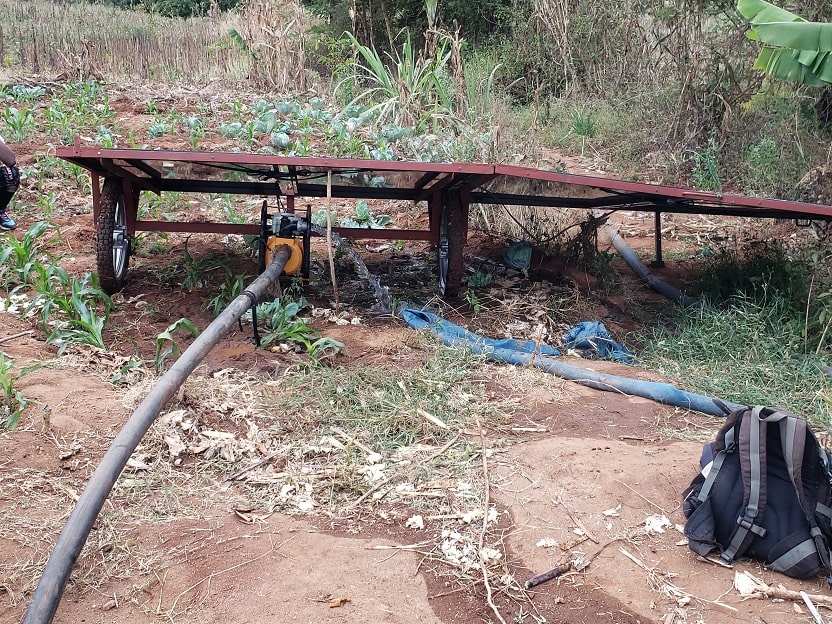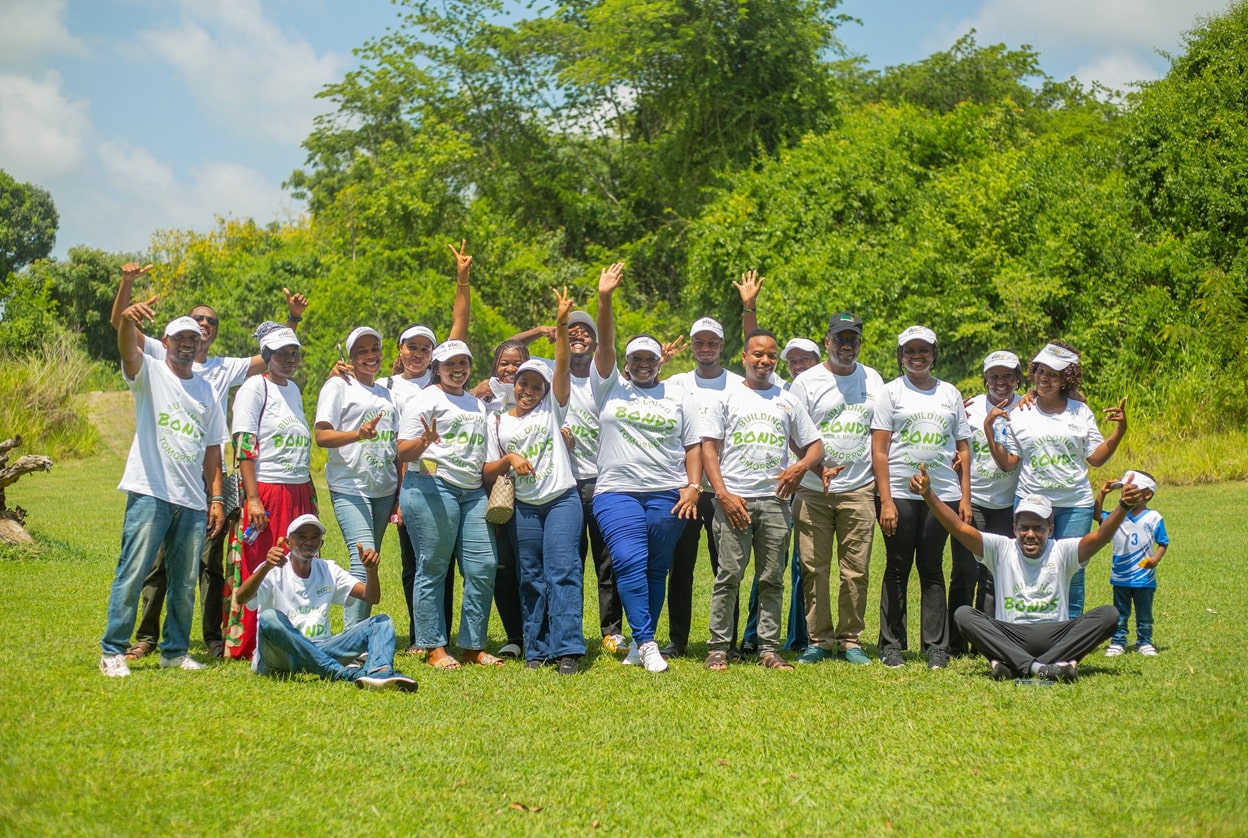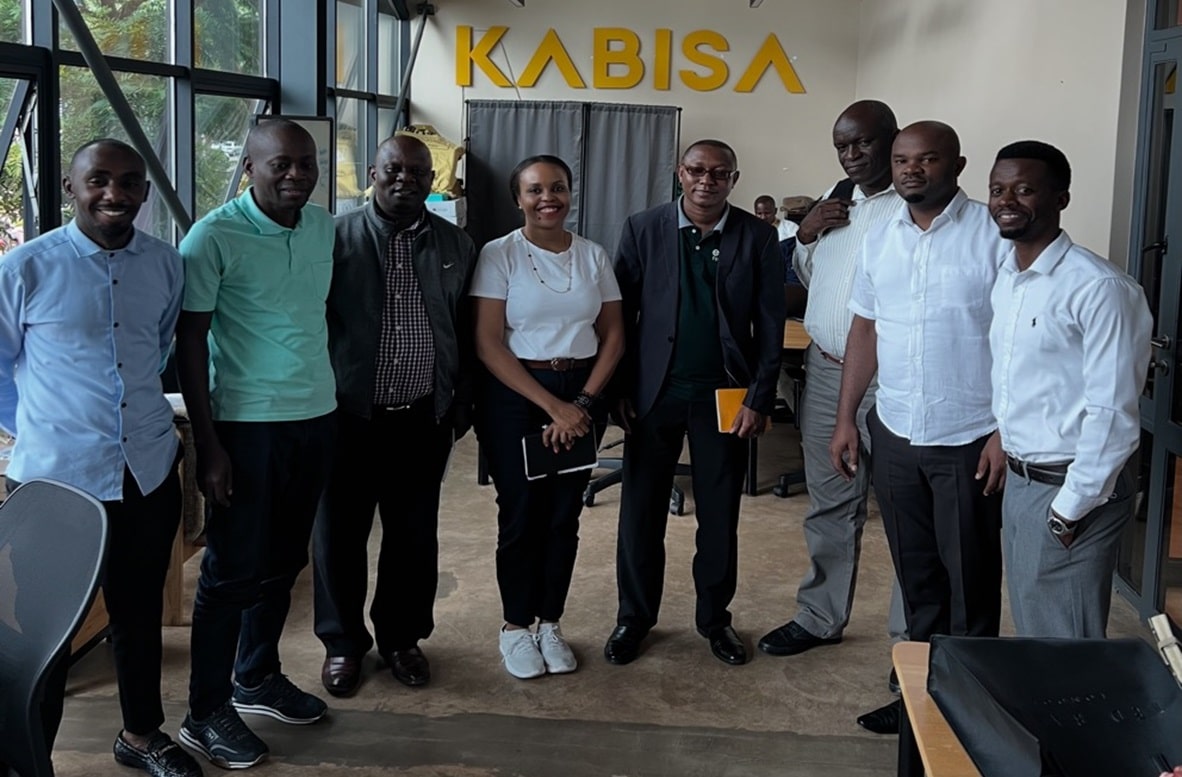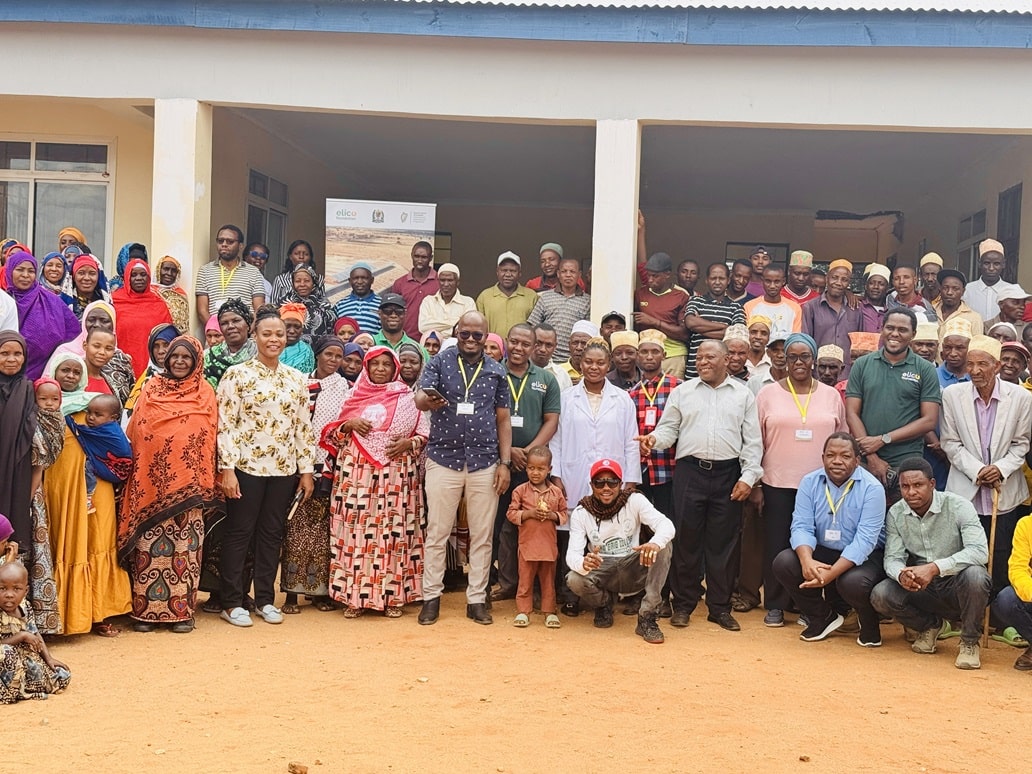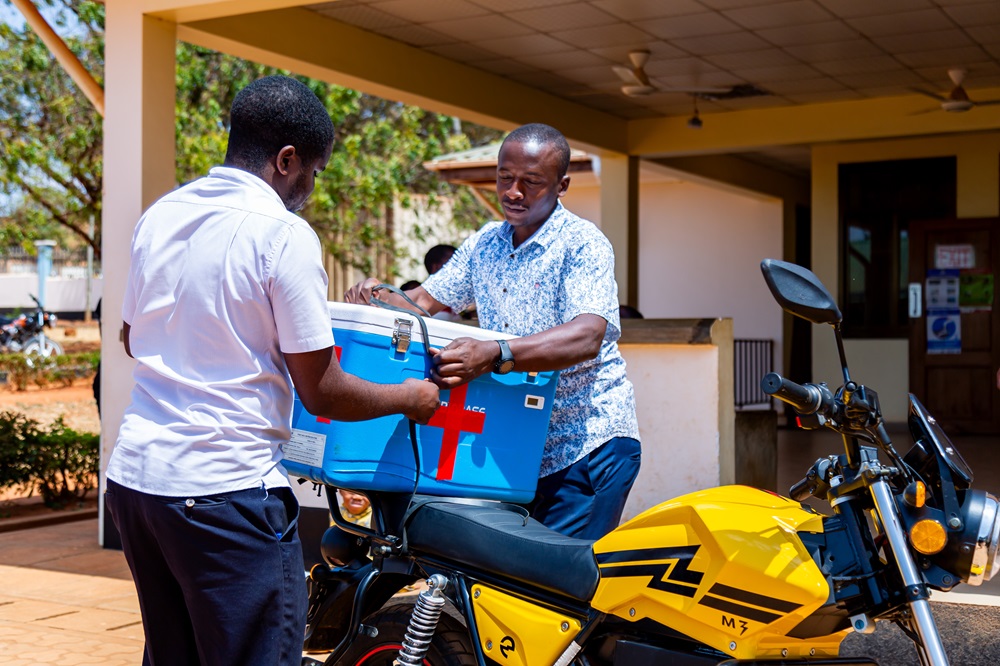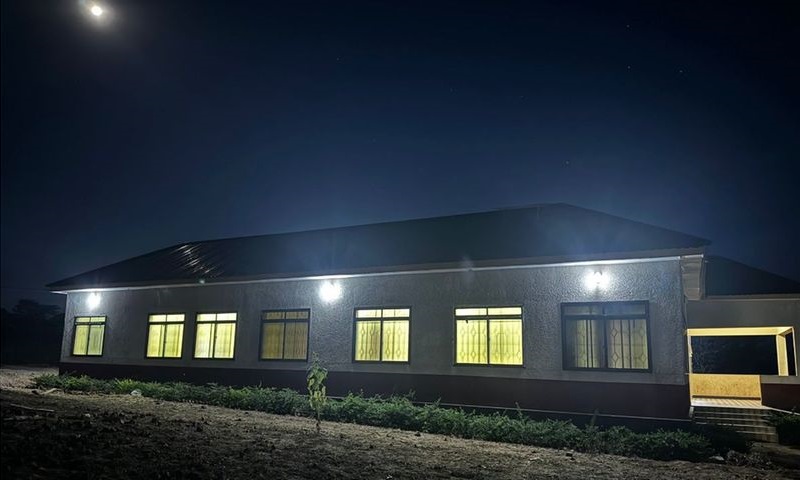In Tanzania, only 2.36%, of the land suitable for irrigation is being irrigated and the country’s reliance on rain-fed agriculture limits productivity and increases the vulnerability of farmers to droughts and the effects of climate change. The Government has set a target of reaching coverage of 1,243,230 hectares in the year 2025 from the current one of 694,715 hectares, and the private sector has been highly sensitized to develop irrigation systems. However, the common pumping equipment available to the smallholders who cultivate most of the country’s farmland are conventional fuel pumps, which while they increase productivity, they eat into their margins. Such systems also use large quantities of water because most farmers use an inefficient open canal method.
“These irrigation practices are detrimental to the environment and the inefficient water usage pose a further pressure on already stressed water sources.” says Sisty Basil, Executive Director of ELICO Foundation. Therefore, there is a strong need to transform these irrigation practices into sustainable and efficient ones and we believe the use of solar powered irrigation systems is one of the solution. However the challenge has always been getting these renewable energy solutions into the hands of smallholder farmers in rural Tanzania. He added
Solar-powered irrigation pumps have been used by farmers in a number of countries, where they have proven to be less costly to operate and more water-efficient. According to the Tanzania Renewable Energy Association (TAREA) it is estimated that the average cost of one fuel powered pump per year is TZS 3,810,000 (US$1,640) with a lifespan of 4 years while the cost of using 3hp solar pump for the life span of 15-20 years is TZS 10,000,000 (US$4,310). So after 2.6 years the financial benefits of the solar-powered pump outweigh the fuel powered pump over and above its capacity to reduce carbon emissions
But why have smallholders been unable to access this technology in Tanzania?
There are several reasons why this innovation has not reached the country’s rural smallholders. First, these pumping systems are too expensive for farmers to purchase in cash and limited access to finance means that farmers would likely be unable to buy the pumps on credit. Second, the supporting ecosystem, such as spare part provision and maintenance services in rural areas is not yet in place. Lastly farmers still lack reliable source of information and skills related to solar pumps quality, standards and operation despite their willingness to improve their irrigation practices.
To address these challenges and create a viable business model for getting this renewable energy solution into the hands of smallholder farmers’ in rural areas, ELICO Foundation in partnership with Mott Foundation has created a consortium of sector stakeholders which is made up of decentralized off-grid solar companies, distributors of solar water pumps and irrigation systems, financing Institutions, suppliers of agricultural inputs and extension services and companies that source fresh organic vegetables and green beans.
The consortium is developing and testing different business models and financing options that allow smallholder farmers to purchase solar powered irrigation systems on credit or pay for irrigation as a service, as well as linking them to a range of agricultural services and after-sales support model to ensure that these renewable energy systems continue to work properly.
ELICO Foundation is at the center of this initiative in Iringa and Dodoma regions where the dozens of farmers have already been engaged and an immediate impact on their economy and environmental resilience have already been seen.
“We have been growing green beans and french beans on this farm but most of the proceeds were used to cover fuel cost. With the solar irrigation system, the cost will decrease and we will have more time, money and energy to focus on farming expansion” says Peter Kiyeyeu, a smallholder farmer in Lupembe Lwasenga village, Iringa region.
Reduced water pumping cost, an assured water supply and stable market enables farmers to produce more, increase their income and improve their livelihoods.
“Solar Irrigation is an essential tool for transforming farming sector while improving the livelihoods, food security and resilience of millions of smallholder farmers” says Zeph Kivungi, the Foundation’s Director of Learning and Innovation.
ELICO Foundation has planned to use the lessons learned from these tests to convene other industry actors to help scale the model to smallholder farmers elsewhere in the country and transform the farming sector.
With the support of Mott Foundation, the consortium will prove the sustainability and scalability of these models which empower smallholder farmers to use appropriate, cost effective green technology to increase their productivity and income while reducing greenhouse gas emission and inefficient water usage. These proven models will be replicated in similar environments across the country and form a basis for scale-up and replication in countries across Africa.
About E-LICO Foundation
Energy and Livelihoods for Communities (E-LICO) Foundation is a non-profit Organization established in Tanzania with the main goal of accelerating access to modern energy solutions for socio-economic development of rural and last mile areas in Africa. Most of our current interventions are solar-based. They include solar irrigation for rural smallholder farmers, solar refrigeration for fresh produce of smallholder farmers, e-mobility and other productive uses.

